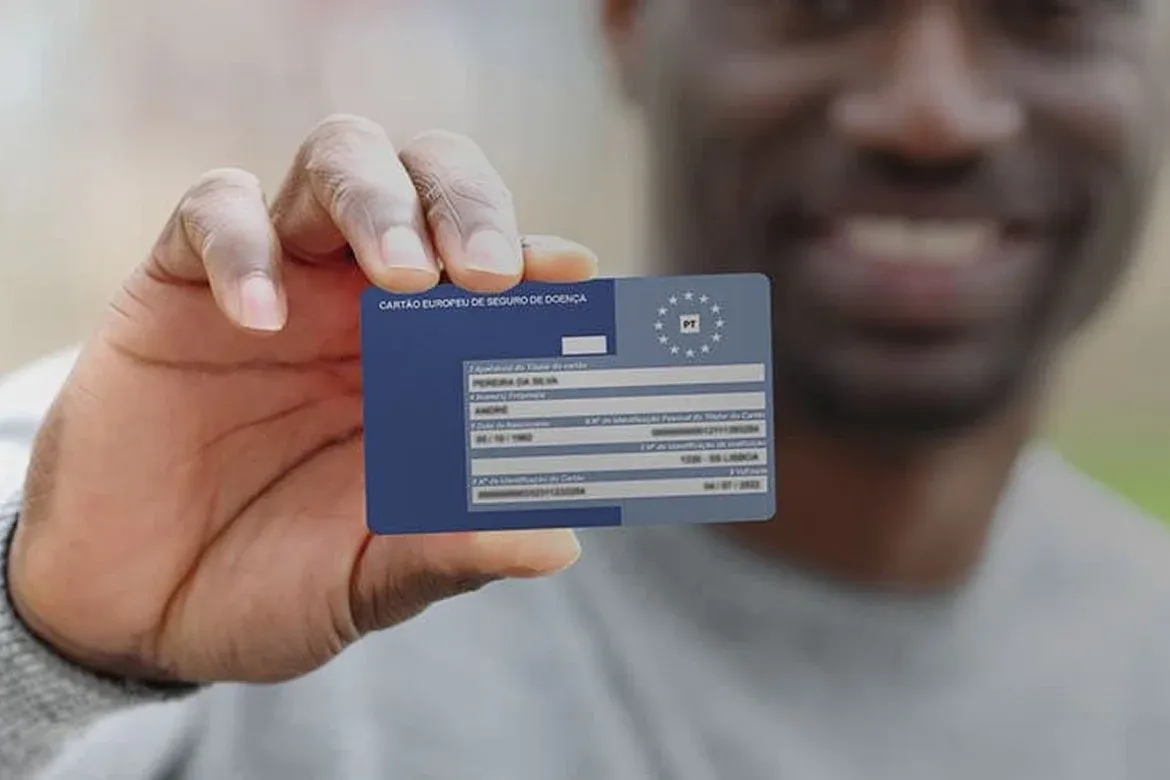
…and why you should do it right away, not “someday when I have time”
If you plan to live in Portugal for more than a few weeks (or even a few months), there’s one phrase you’ll hear sooner rather than later : “número de utente.” It’s also called the “SNS number.” This is your personal ID within the Portuguese public healthcare system (Serviço Nacional de Saúde). Without it, you’re basically a “medical tourist.” With it, you’re officially part of the system you can book appointments at your local centro de saúde (public health center), see a family doctor, go to the ER, and get billed like a local resident. In short, it’s your ticket to public healthcare. So yes, it’s important ! And good news : getting it is totally doable even if Portuguese bureaucracy has a deep love for… paperwork. Lots of paperwork !
What exactly is this mysterious número de utente ?
The número de utente is your personal user number for the SNS (Serviço Nacional de Saúde). You get it once you’re registered in the public healthcare system. From that moment on, you officially “exist” in the Portuguese medical world. Every time you see a public doctor, get lab tests, or pick up a prescription, you’ll be asked for this number. With it, you have the same rights as any legal Portuguese resident equal access, same conditions. The SNS is universal and covers all legal residents, regardless of income.
Who can get it ?
Anyone who lives legally in Portugal, meaning you’re not just on vacation anymore, but really settling down (expat, retiree, relocated worker, digital nomad with declared residence…). The idea is simple : you live here, you contribute here, you get healthcare here. And yes, even if you still don’t understand everything your pharmacist says in Portuguese, you’re entitled (and practically required) to register.
So, where do you go to get it ?
You’ll need to visit your centro de saúde, the public health center that corresponds to your address. Important : you don’t get to choose whichever one “looks nicest on Google Maps” (sorry to disappoint). You must go to the one assigned to your official address. The system is territorial : one address = one health center. If you show up at the wrong one, they’ll very politely tell you to go to the right one. And yes, they really do !
Since mid-2024, in some areas, you can also apply for your number at an “Espaço Cidadão” (a public administrative service center), which is super handy if your local health center is overwhelmed.
What documents do you need ?
This is the crucial part. Before you go, make yourself a little paper folder (yes, paper old-school style, like a good student). You’ll generally need :
- Your ID card or passport
- Proof of legal residence in Portugal (residence card, registration certificate, CRUE for EU citizens, etc.)
- Proof of address in Portugal (rental contract, housing declaration, or a utility bill in your name)
- Your NIF (Portuguese tax number, obtained from the Finanças office)
- Your Portuguese social security number (NISS) if you already have one, not always required if you’re not working yet, but good to bring if you do
- A Portuguese phone number. Yes, Portuguese. Many centers won’t accept foreign numbers because they need to contact you easily for appointments (been there, and trust me, it’s a pain otherwise !)
Friendly tip : print everything. Don’t assume “it’s on my phone, that’s fine.” Sometimes it is… sometimes it isn’t. Your stress level will depend entirely on the smile of the person at the desk that day, so play it safe !

© martha-dominguez-de-gouveia
What happens on the big day ?
You head to your health center, take a ticket (yes, like at social security + the post office + the city hall, all rolled into one), and wait for your number to be called. When it’s your turn, say you’d like to register to get your “número de utente.” Even if the staff speak English or French, a few words in Portuguese go a long way. Something like : “Queria registar-me no centro de saúde para obter o número de utente.” (mini Portuguese lesson, you’re welcome !) That’s usually enough to show goodwill.
They’ll check your documents, your residence status, your address. They might ask basic questions : job situation, contact info, etc. Nothing too intrusive, but be calm and polite. In Portugal, bureaucracy can be slow, but it doesn’t respond well to impatience. Smile + patience = efficiency (I promise, it really helps !)
And then what ?
Good news : if everything’s in order, your number can often be issued right away. In many centers, they’ll simply print out a sheet with your name and your número de utente. Done ! You’re officially registered in Portugal’s national healthcare system. You can now book appointments, go to the ER, or see your family doctor.
Sometimes, they might even offer a quick basic check-up, blood pressure, weight, a short health chat. It’s optional, but a good idea if you’re planning to stay for a while.
…And what if the health center says no ?
First, breathe. It happens. Sometimes the staff might turn you away because
- You went to the wrong center (not the one for YOUR address)
- A document is missing (usually proof of address or NIF)
- You’ve just arrived and they’re unsure about your residency status
If that happens, you have two options : go back with the right documents (it’s often that simple) ; or head to the nearest Espaço Cidadão to do the registration there, since 2024, that’s become an official alternative in many areas.
Practical tip : be polite. This isn’t a call center. In Portugal, personal relationships matter, a well-timed “muito obrigada” can save you 30 minutes of explanations !
Why should you do it as soon as possible ?
Many expats make the mistake of waiting until they’re “really sick” to apply. Bad idea. When you have a fever, the last thing you want is to print proof of address and queue at a government office. Get your number as soon as you have your address and your NIF. That way, the day you need a doctor (or just a prescription renewal), you’re already in the system.
And once you have the number, then what ?
Once you’ve got your número de utente :
- You can make an appointment at your local centro de saúde to meet your “médico de família” (family doctor), who will be your main point of contact
- You can go to public hospitals or emergency rooms and be recognized as an SNS patient
- You pay the same small fees as Portuguese residents for most basic healthcare, instead of full tourist rates
- You’re officially “in the system,” meaning your medical history can be tracked, prescriptions renewed, and care coordinated long-term
Translation : you’re no longer “just passing through” you’re treated like a local. And that’s reassuring !
So, the número de utente isn’t just some bureaucratic formality. It’s your key to the Portuguese healthcare system. You get it by registering at the health center for your address (or an Espaço Cidadão), with your residence papers, NIF, proof of address, and a Portuguese phone number. They register you, give you the number, and from there on : welcome to the Portuguese healthcare system !
Is it bureaucratic ? A bit. Is it essential ? Definitely. Is it doable ? Absolutely (I did it, so if I managed, trust me, you can too !)
Do it early, keep a printed copy of your number in your wallet, and voilà : you’re ready. You officially have the right to access healthcare here like everyone else. And honestly, that’s worth 40 minutes in line and two signatures.
Good luck with your paperwork (and don’t forget to smile, always !)
Share this article
Suggested articles
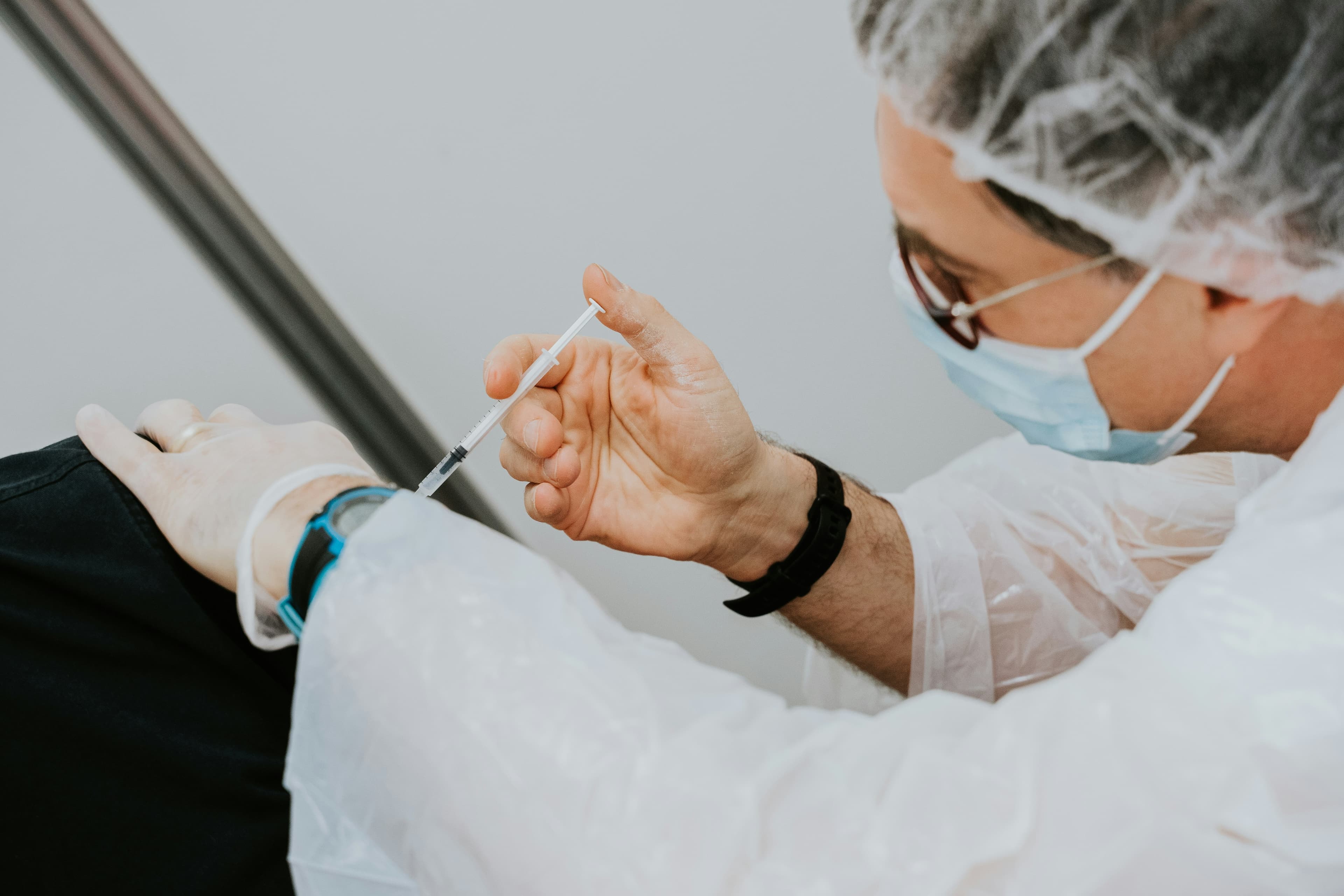
Before putting down your suitcases in Portugal, vaccines, mosquitoes & other medical delights
So that’s it, you’ve decided to drop everything for the Portuguese sunshine, grilled sardines and 80-cent coffee. Excellent choice. But before you picture yourself sipping your vinho verde on a Lisbon terrace, there’s a small detail you’d better not skip: your health.
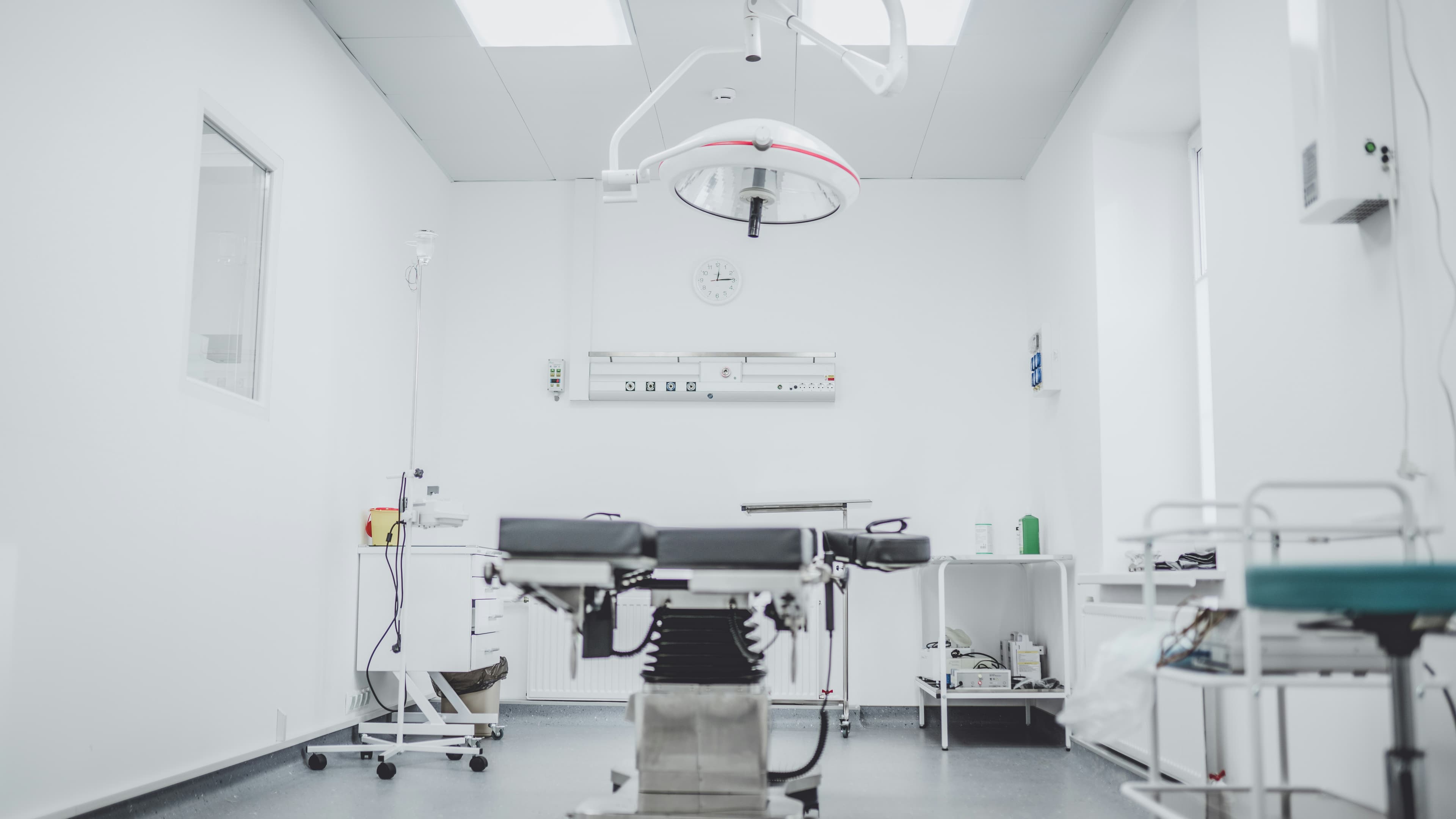
Private Clinics: Standards and Prices
If there is one area where Portugal quietly excels, it is private healthcare. The country has successfully combined high-quality care, modern technology, and genuine hospitality, creating a model appreciated by both locals and foreign residents. Faced with delays in the public system and the growth of medical tourism, private clinics are booming, particularly in Lisbon, Porto, and Faro.

Health Insurance for Expats: Options and Costs
Moving to Portugal is, for many, the fulfillment of a dream. Sunshine, the sea, gastronomy, and quality of life attract thousands of expats every year. But before diving into the calm rhythm of Portuguese life, one essential question arises: how to ensure proper healthcare coverage?
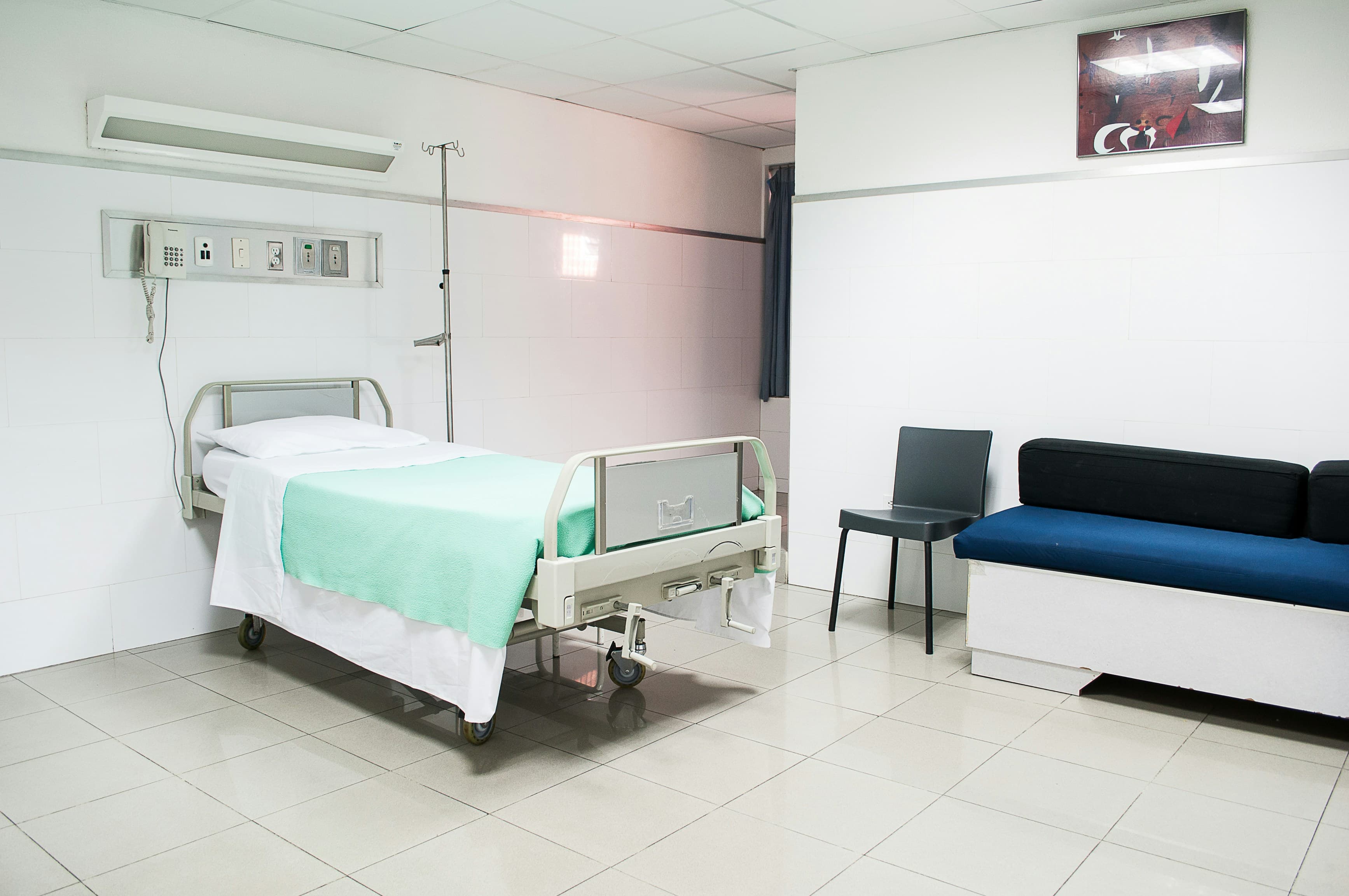
Portuguese healthcare system : public vs private
You might have just settled in Portugal, sunglasses on, pastel de nata in hand, and suddenly think, “Okay, but what happens if I get sick ?”. Take a deep breath (it’s going to be fine), let’s break it all down together, clearly, simply, and without boring you (promise !). Here’s what you need to know about the Portuguese healthcare system, both public and private, what’s great about it, and what to keep in mind.
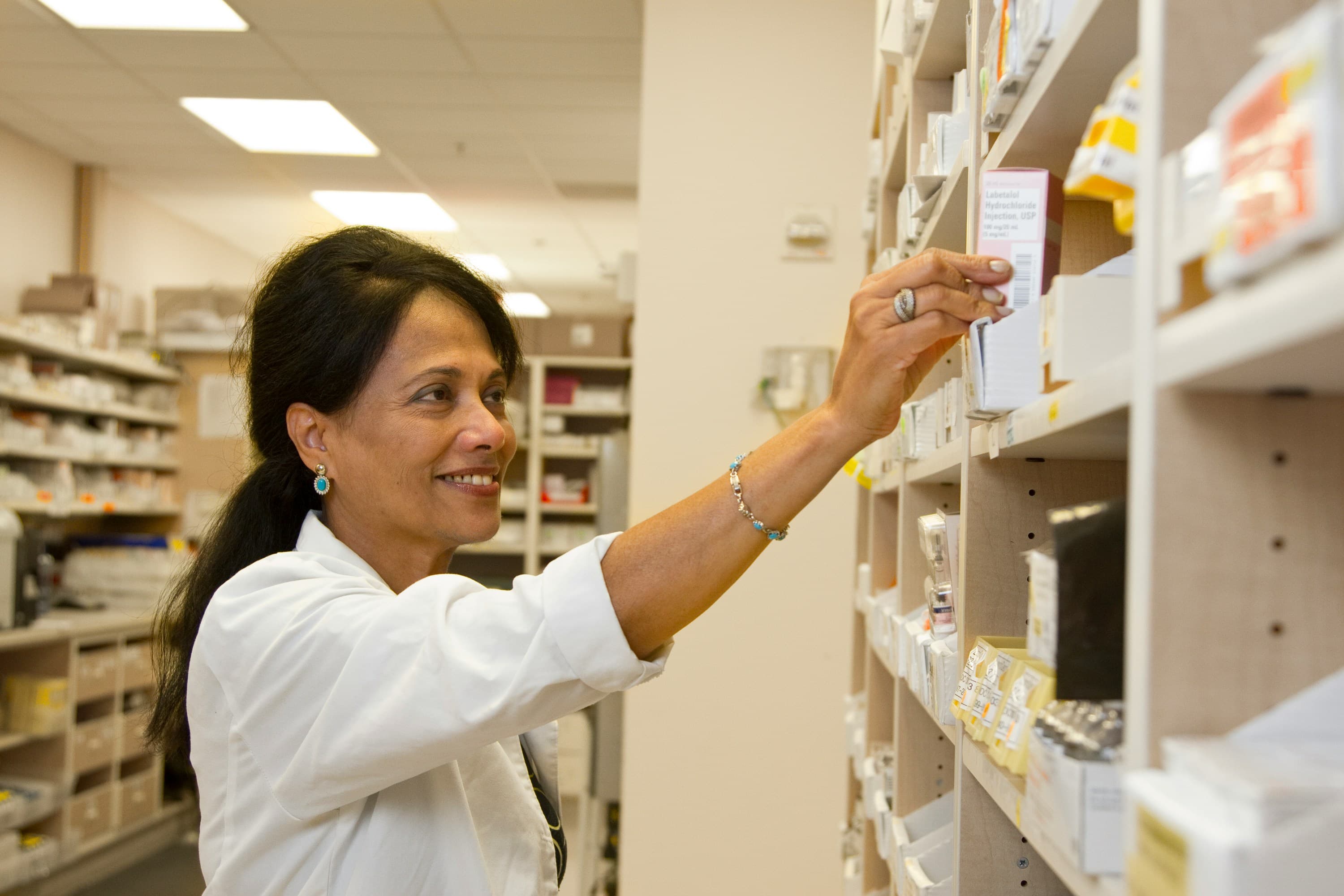
Portuguese Pharmacies: A Local Service
In Portugal, the pharmacy is much more than a simple place to buy medicine. It’s a space of trust, a point of reference in daily life, a place where advice, attention, and proximity meet. In both big cities and remote villages, Portuguese pharmacies play a key role in healthcare and in the human connection between professionals and the community.
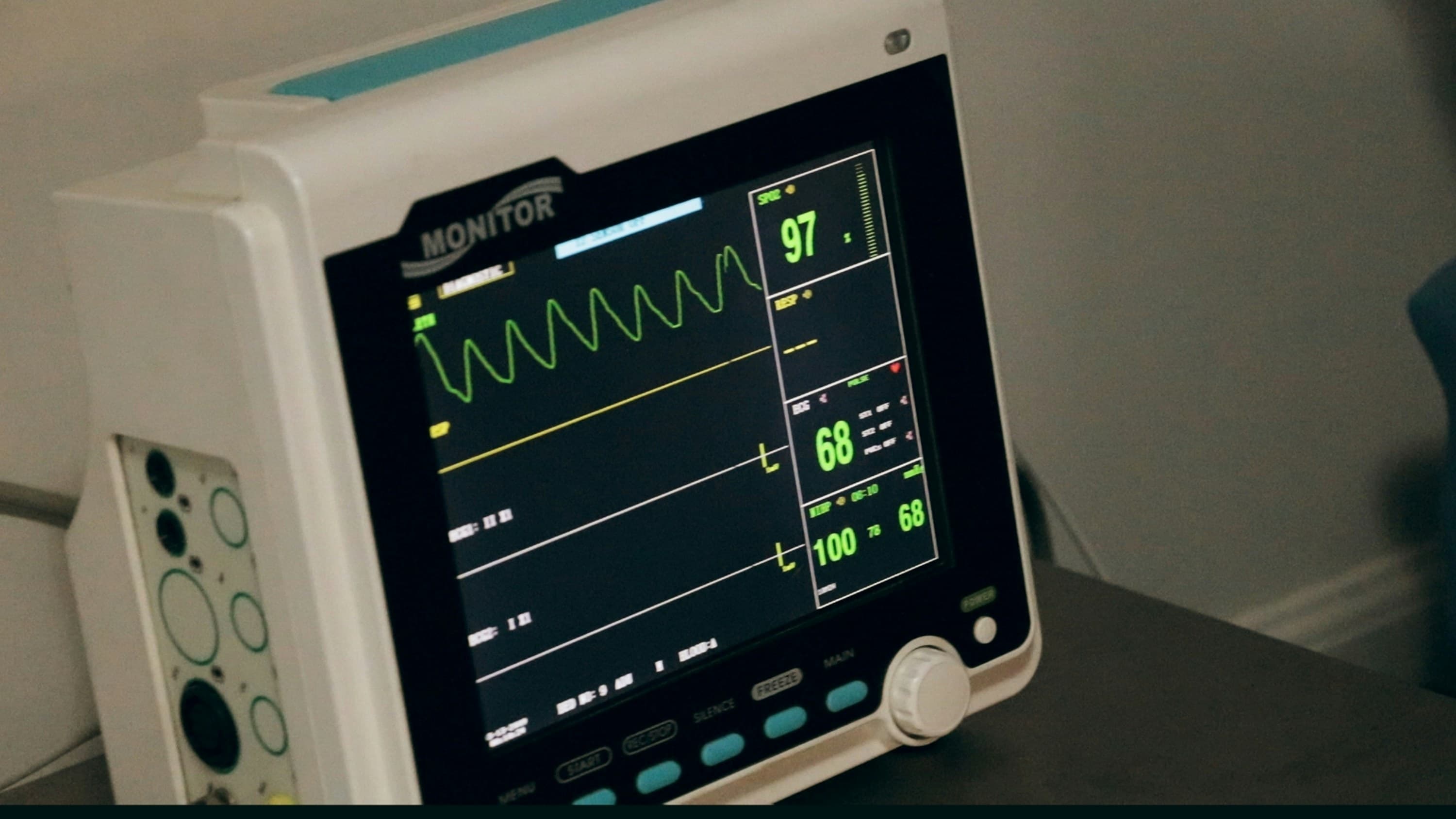
Medical Emergencies in Portugal: Numbers and How It Works
Falling ill or getting injured abroad is one of those situations no one wants to face. However, thanks to its solid healthcare system and well-trained teams, Portugal handles medical emergencies with professionalism and speed. Whether you are a tourist, an expat, or simply passing through, knowing the right numbers and how the emergency network works can make all the difference.


